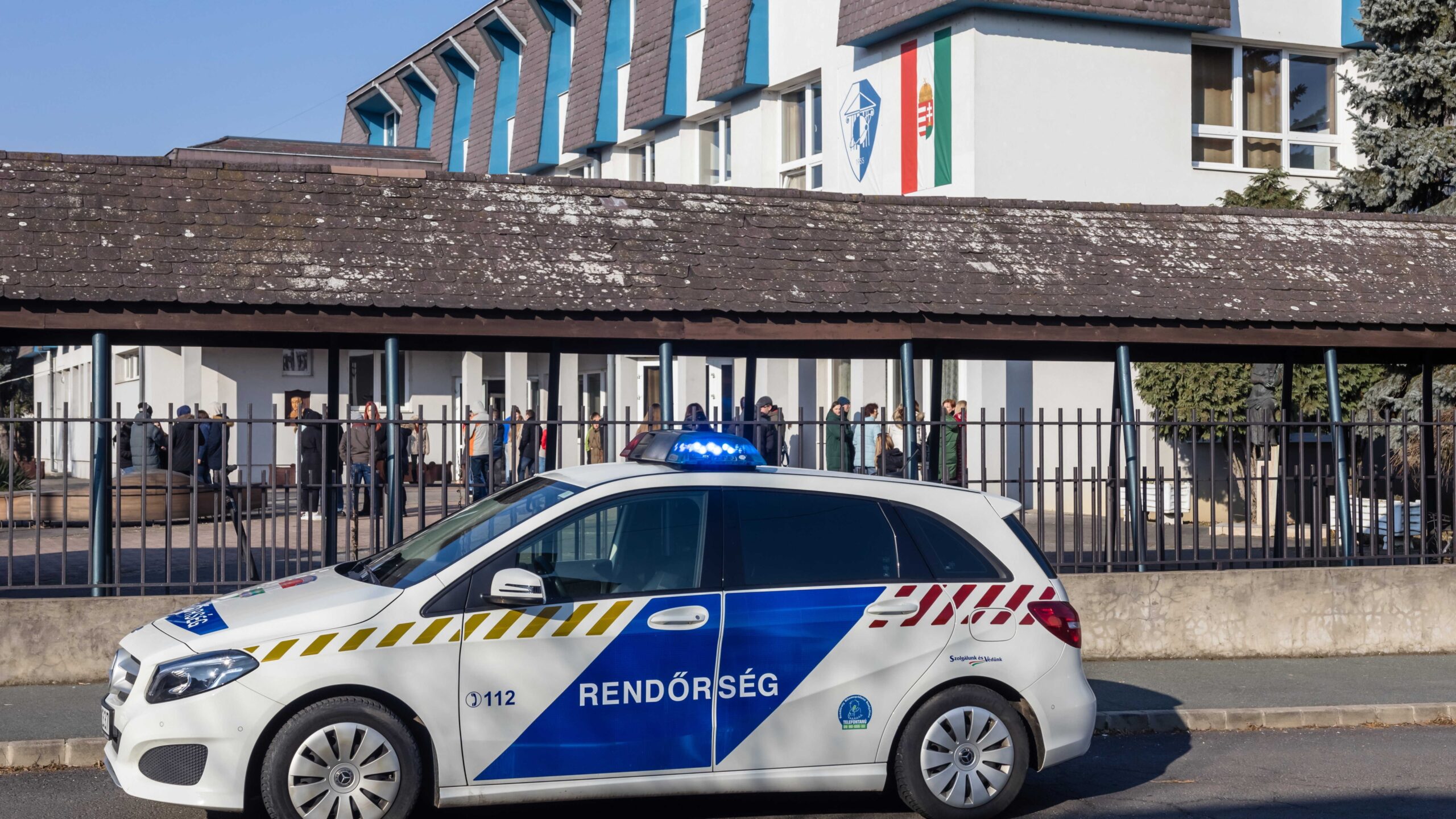The number of crimes committed annually in Hungary has fallen by nearly 60 per cent since 2010, dropping from 447,000 to 178,000, according to Parliamentary State Secretary at the Ministry of Interior Bence Rétvári. He made the announcement during an event in Kiskunfélegyháza marking the National Crime Prevention Day.
Rétvári emphasized that the Hungarian government has tripled its law enforcement budget in recent years and increased the number of police officers by 2,000 to 3,000. He credited these measures as key factors in the country’s improving crime statistics. He also highlighted the significance of a youth-focused prevention programme run by the National Crime Prevention Council (NBT), supported by the government. The initiative aims to help young people avoid becoming victims of crime or making harmful lifestyle choices. As part of the programme, participants are trained to recognize signs that a classmate might be experiencing domestic violence, struggling with substance abuse, or drifting toward criminal behaviour. The goal is to empower youth to identify and respond to these issues in their communities.
Rétvári also discussed Hungary’s recent crackdown on drug trafficking. He noted that over 3,500 police officers have taken part in more than a thousand raids in recent weeks, resulting in major drug seizures. One of the largest busts occurred at a drug lab in Csepel, where 100 kilograms of crystal substance and 7.5 tons of precursor materials were found—enough to produce 200 million doses with a street value of 900 million forints.
‘This shows the drugs weren’t just intended for Hungary, but for distribution across Central Europe,’ he said. He reiterated the government’s firm stance: ‘We trust everyone in Hungary will be a partner in ensuring that drug dealers end up behind bars.’ He stressed that it is a national consensus that drug trafficking should be met with prison time.
Rétvári also pointed out that Hungary’s constitution now prohibits not only the production, distribution, and sale of narcotics, but also the promotion of drugs, which he described as equally dangerous. ‘A young person who becomes addicted to drugs loses not only their youth but their adulthood too,’ he warned.
The state secretary praised the NBT’s prevention programmes, especially those educating the public on the risks of drug use. NBT president József Hatala added that the organization, founded 14 years ago, is currently running several initiatives, including one aimed at protecting elderly citizens from becoming victims of crime. He noted that five county-level crime prevention councils are now supporting local efforts to improve public safety.
Related articles:








